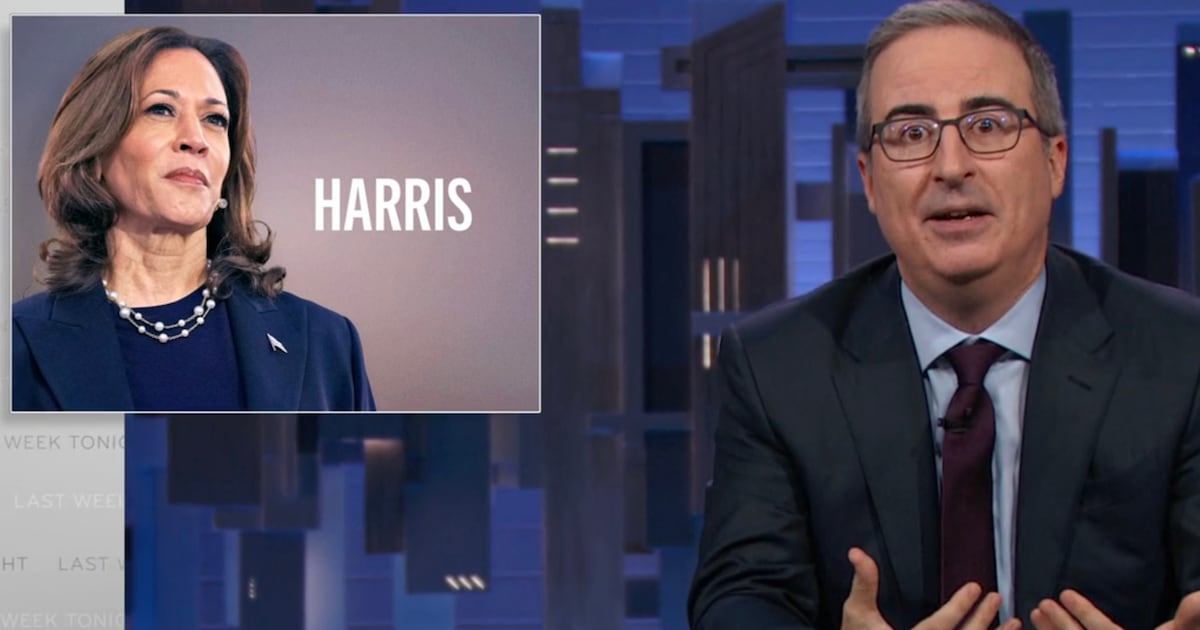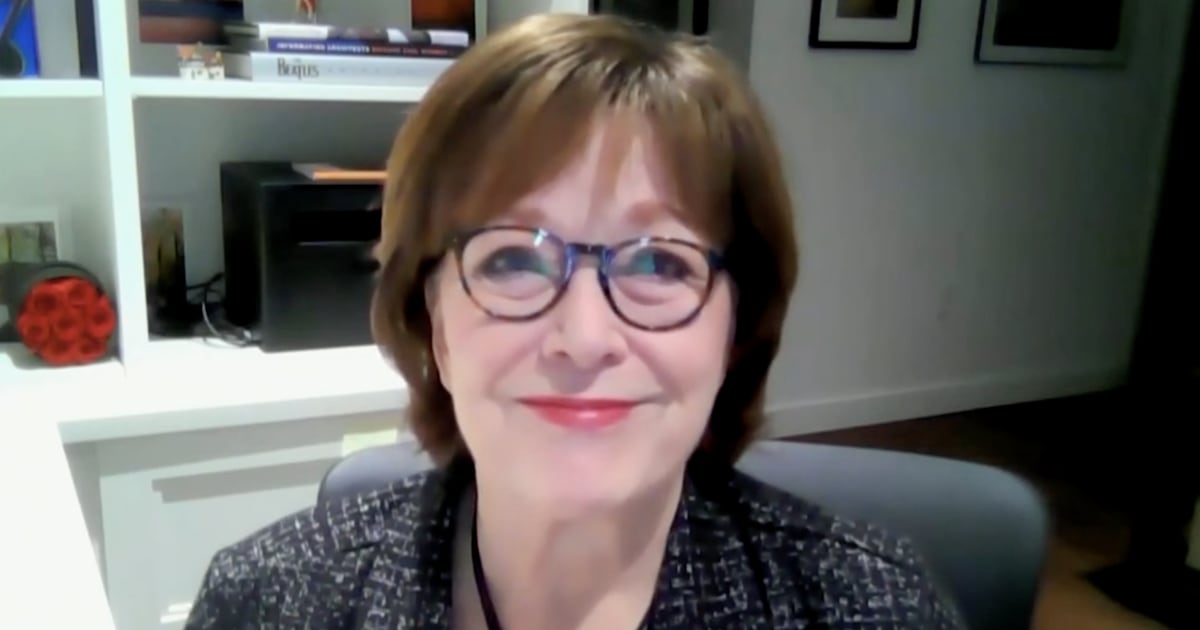Daredevil, the 13-episode Netflix series that brings the famed “Man with No Fear” to the small screen, is a gritty superhero drama that takes a far darker tone than its Marvel predecessors—and, for that matter, Ben Affleck’s 2003 flop. Set in perpetual gloom and awash in bloody violence, it’s a sharp departure from the colorful, jokey Iron Man, Captain America, and Thor films, as well as the ABC hit Agents of S.H.I.E.L.D. That isn’t, however, to say Daredevil is unique, since in a twist fit for a comic book, Marvel’s latest does something unexpected—it channels the spirit of its competitor’s most famous property.
I’m referring to DC’s Batman, specifically to Christopher Nolan’s “Dark Knight” trilogy, whose influence seeps into just about every corner of the new Daredevil. In a sense, the similarity between the two is no surprise, as blind lawyer-turned-crime fighter Matt Murdock has long been likened to Bruce Wayne’s cowled do-gooder. The two share a fondness for broodingly (if not angrily) doling out vigilante justice under the cover of night in gutters and back alleys. And Frank Miller, who was responsible for Daredevil’s definitive comic book run in the early ’80s, also wrote perhaps the most revered Batman series ever, 1986’s The Dark Knight Returns. Miller’s work on the respective characters turned them into something like kindred spirits: driven by duty and rage, and wielding their fists as well as their cunning, to serve as nocturnal protectors of their city’s inhabitants. Both strengthened and hampered by their twisted pasts and impulses, they’re heroes on the verge of becoming antiheroes.

Factor in that both Batman and Daredevil bear lingering scars from their parents’ deaths and it’s not hard to see why the new series is closer in spirit to Nolan’s movies than to its Marvel brethren. By adopting that bleaker mood, Daredevil showrunner Steven S. DeKnight, who replaced Drew Goddard shortly after production began, has found a way to inject some diversity into Marvel’s ever-expanding roster.
ADVERTISEMENT
But DeKnight still makes sure to integrate the program into the fabric of what is quickly becoming one gigantic, connected TV-film universe. The show is set in a Hell’s Kitchen rebuilding itself after the chaotic destruction of The Avengers, whose finale is obliquely—or, for anyone in the know, quite clearly—referred to at regular intervals. The Midtown Manhattan of Daredevil is all grimy streets, barren offices, sparsely decorated apartments, and rainy alleyways. In this jet-black environment, Matt Murdock (Charlie Cox) and his wisecracking, self-deprecating partner and best friend, Foggy Nelson (Elden Henson), set out to make a difference by starting their own law firm. Unbeknownst to Foggy, however, Murdock balances his courtroom crime fighting with after-hours ass-kicking as Daredevil, wearing a cloth mask pulled down over his eyes and using his extraordinarily heightened other senses, which were altered by radioactive material in the same childhood accident that cost him his sight.
Murdock’s preliminary targets are some human-trafficking scumbags but soon come to include Russian gangsters affiliated with underworld boss Wilson Fisk (Vincent D’Onofrio), who’s so intimidating that even his minions don’t refer to him by name, much less his other moniker, Kingpin. As embodied by D’Onofrio with a tremulousness that can suddenly give way to vicious cruelty, Fisk is a socially uncomfortable monster, an ambitious businessman struggling to suppress his more violent urges. As such, he’s the shadowy twin of Murdock. In the premiere, Murdock tells a priest during confession—Daredevil being a character, and series, steeped in issues of Catholic guilt, duty, and redemption—that his boxer dad, when trapped in a corner, would unleash an unholy fury. And later, he admits to his personal nurse and potential love interest Claire (Rosario Dawson) that he hurts bad guys because he likes it.
Claire refuses to believe that Murdock is merely a sadist looking for some thug-bashing thrills, and Cox’s sturdy headlining turn makes plain that, deep down, she’s right. Nonetheless, Daredevil consistently, and shrewdly, keeps its protagonist walking a tightrope between nobility and savagery. The notion that Murdock might go too far fills his story with constant tension, in addition to giving the show’s fight sequences a raw energy most big-screen Marvel adventures lack. When Daredevil takes on his enemies, he does so using a variety of punches and flip-kicks that resound with a crunching force. Anything but polished, his skirmishes feel brutal, never more so than during the climactic scene of the second episode (“Cut Man”), in which Daredevil, to rescue a kidnapped young boy, lays siege to an apartment full of armed men, the camera rarely cutting away as he pummels his way through one adversary after another, taking a severe beating in the process.
Daredevil’s first five episodes, which were all the press was provided before Friday’s full-season debut, nicely establish Murdock’s duality, his rapport with Foggy, the integration of secretary Karen Page (True Blood’s Deborah Ann Woll) into Murdock and Foggy’s practice. The episodes also fill in the overarching scheme of Fisk, who plans to use his contracting industry ties to rebuild—and thus reshape, for his benefit—the Avengers-decimated city. Some of the show’s episode-by-episode plot threads do come across as perfunctory filler. And Daredevil has a tendency to stretch out its conversational scenes to the point of enervation, especially with regard to Fisk’s attempts to romance an art gallery owner (played by Man of Steel’s Ayelet Zurer). However, the show makes up for those missteps with its clear and compelling voice, which interjects a welcome dose of bruised-and-bloodied malice to the sometimes too-cartoony Marvel universe.
More promising still, Daredevil is a confident show with a solid foundation on which it can build. And Marvel will reap the benefits, since the studio plans to use Daredevil as the first step—to be followed by Netflix series about Jessica Jones, Iron Fist, and Luke Cage—on a path to a small-screen Avengers-style team-up spectacular called The Defenders. Which ultimately means that, as entertaining as it is, Daredevil is merely a promising prelude of things to come.





